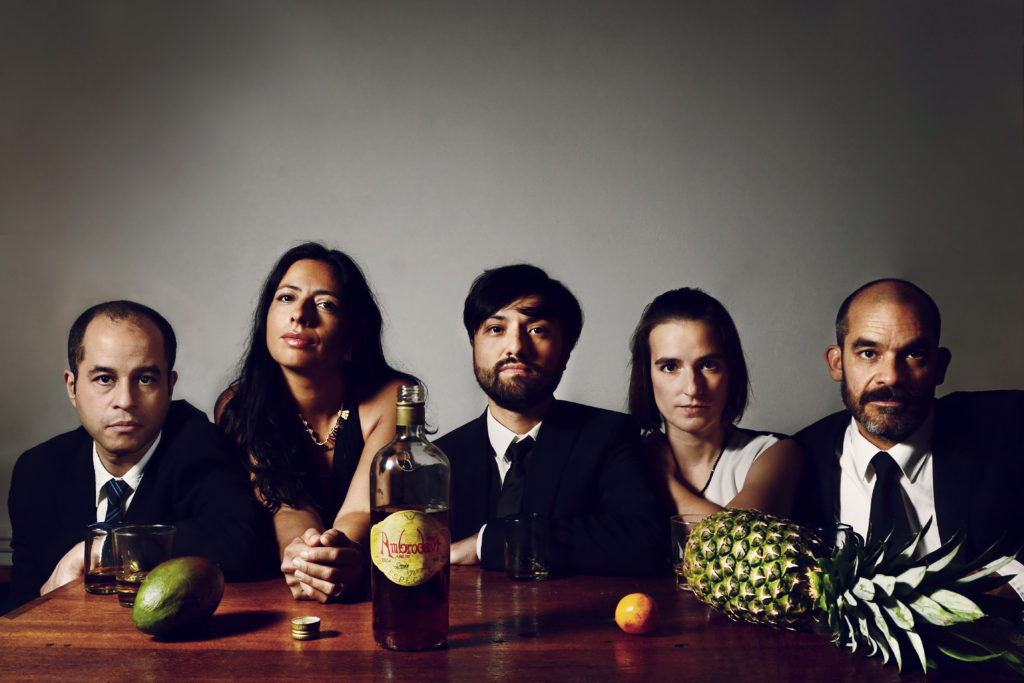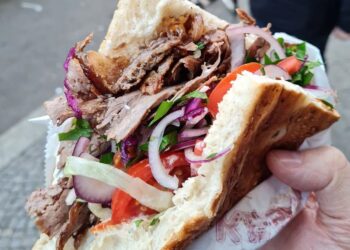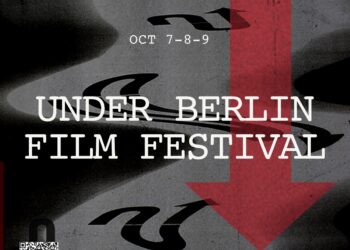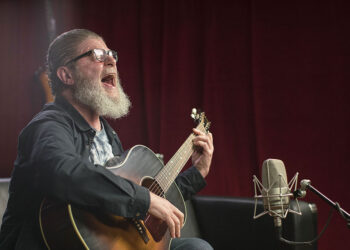David Riaño Molina, the Colombian jazz musician, and composer is presenting his new album, Campo Libre, a result of a music identity search from Germany to Colombia back and forth, showing that jazz is pure freedom.
From a family of musicians, David Riaño Molina was born in Colombia and spent his childhood between Germany and Bogotá. In Berlin, he studied with the famous jazz guitarist, Kurt Rosenwinkel. Where he began to play in different traditional jazz groups. But it was not until he returned to Colombia in 2015 that he reunited with his musical roots, engendering a fusion of jazz with South American folklore. The search for a musical and personal identity is demonstrated in his last work, “Campo Libre”.
Jazz music is a broad topic with endless variations. Whatever that is there to find depends solely on the musician. That’s how David Riaño Molina initiated in 2015 his search for something new, for his next step in his music life. Stucked in Berlin with nothing else new and exciting to play, he couldn’t contemplate the possibility of becoming a repetition of himself. That is how he applied for a fund in Germany to compose a new album.
With the granted fund, he returned to Bogotá, Colombia for three months and got immersed in the new and upcoming jazz scene. Returning to his home country after many years he started a scavenging hunt in search of what was amiss. David Riaño Molina recovered the Latin rhythms he heard during his childhood and put them to work for his new album.

With an all-Colombian band, he recorded some months later Campo Libre, an essay on identity search and rediscovery.
Dave Brubeck said once that: Jazz stands for freedom. It’s supposed to be the voice of freedom: Get out there and improvise, and take chances, and don’t be a perfectionist – leave that to the classical musicians.
David Riaño Molina struggles, like any other musician in Berlin to stand out and make a living. In a city with an unmatched scene for Techno “music”, there is still room for music like Jazz. But not as fancy as in New York or London. Riaño Molina tells us that there are only three joints fit for a professional staging, Zigzag, B-Flat and A-Trane. The others are tolerable but the main problem is the audience who expects to donate a euro or two instead of paying an entrance like they would do for any other show while saving that money for a 6-Euro Pale Ale von fass.
In a city with thousands of hungry and wanna-be artists, besides the good amount of snobs, standing out takes a lot of effort and sacrifice.

 Club Lado|B|erlin
Club Lado|B|erlin






